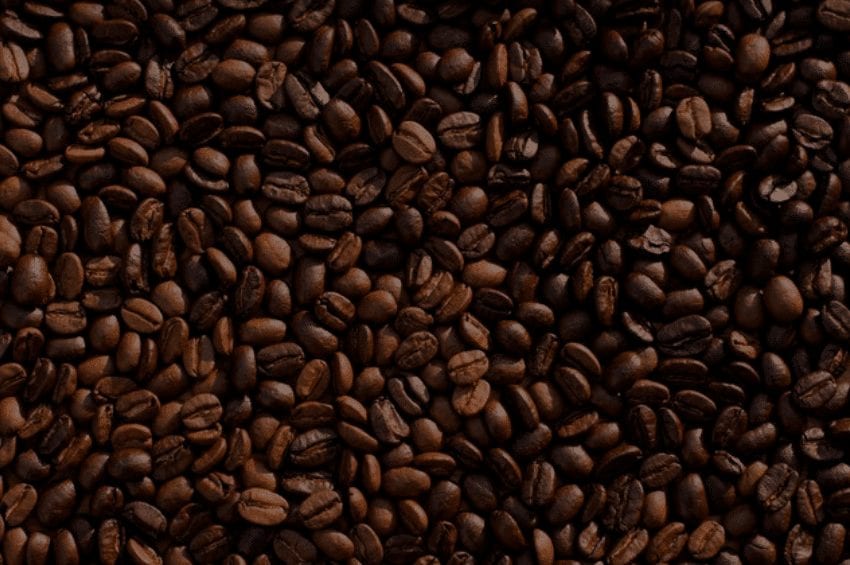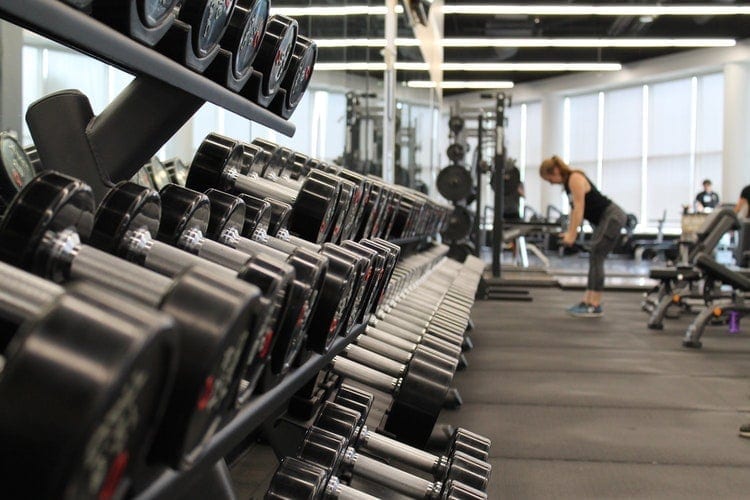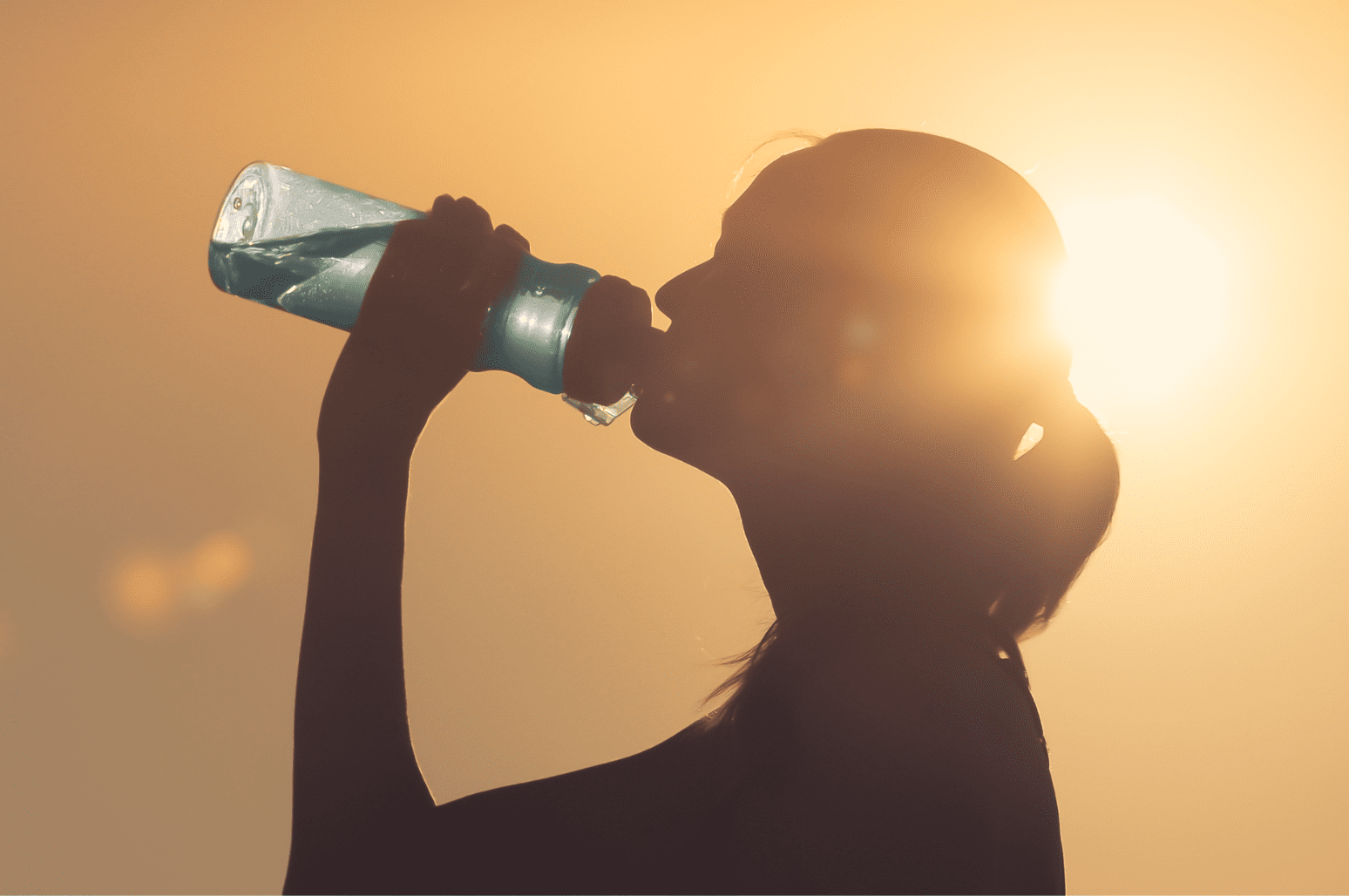
Key Takeaways:
- Coffee consumption is growing worldwide, and caffeine is a growing ingredient in supplements.
- Coffee and caffeine have been shown to impact cognitive and physical performances and contain antioxidants to help fight free radicals.
- Coffee can be addictive and cause withdrawals.
We all love it. In fact, coffee consumption has gone up 4.07% globally since 2013–14 [1] ; this shows that it is a commodity growing in global consumption. There is something unique about the process involved in brewing and consuming that perfect cup of bittersweet stimulation, whether it be plain, a latte, cappuccino, maybe even a Frappuccino. Coffee comes with its good and bad aspects—as does everything we enjoy, unfortunately.
Coffee has many far-reaching health benefits, from aiding cognition to its high anti-oxidant contents. Coffee is more than just a morning pick-me-up; it has some potent health benefits. If used with respect and discipline, coffee can be a great addition to any lifestyle. Alternatively, if abused, coffee can lead to issues and sabotage any quest for health and longevity.
Cognitive Performance
Most of the benefits seen with coffee are due to its high caffeine content. Because caffeine blocks adenosine, a neurotransmitter, it has some interesting effects on the brain, including reaction times, vigilance, memory, mood, and more. Coffee is also used to enhance cognitive performance; a good example of an industry that makes use of coffee in such a way is in the military. Coffee and caffeine are staples in military rations to alleviate the effects of sleep deprivation on cognitive performance.
Physical Performance
When it comes to physical performance, many athletes use a strong espresso as a pre-workout supplement. Caffeine increases levels of epinephrine (the “fight-or-flight” hormone) and increases fat metabolism. [2] Coffee, and specifically caffeine, is under continued research for its benefits regarding physical performance, as it is one of the top active ingredients in supplement company products. New science is identifying its effects on glycogen, the nervous system, and muscle activation among other areas of interest.
Nutrients
Beyond the far-reaching benefits of caffeine, coffee contains lots of nutrients. With riboflavin, pantothenic acid, manganese, potassium, magnesium, and niacin, a cup of coffee can add large amounts of vital nutrients to your diet.
Antioxidants
Known for its high amounts of antioxidants, coffee is consistently the best dietary source of antioxidants. [3] [4] Antioxidants work within the cell to alleviate the damage caused by free radicals (uncharged particles with an unpaired and reactive valence electron). For this reason, coffee is being researched extensively for its potential benefits in addressing areas such as liver disease, heart disease, diabetes, and cancer.
The Dark Side of Coffee
 With all that being said, coffee can indeed have a negative impact upon our health. Because of its effects upon the body, caffeine can be addictive, and people can suffer from withdrawal. [5] Coffee consumption can have unwanted side effects such as jitteriness, anxiety, and panic attacks. In addition, drinking coffee can disrupt sleep, leading to fatigue and lethargy, which can play additional roles in the detriment of overall health.
With all that being said, coffee can indeed have a negative impact upon our health. Because of its effects upon the body, caffeine can be addictive, and people can suffer from withdrawal. [5] Coffee consumption can have unwanted side effects such as jitteriness, anxiety, and panic attacks. In addition, drinking coffee can disrupt sleep, leading to fatigue and lethargy, which can play additional roles in the detriment of overall health.
Coffee can be a fantastic addition to any diet and lifestyle. It is a social occasion, a pick-me-up, a helping hand during a tough workout, and has many deeper benefits when looking at disease prevention and health. As with anything, try and maintain an objective view of your relationship with coffee – do you find yourself able to go without or do you suffer withdrawal? Do you have to drink seven cups to get the same effect as three once had? Do you lie awake in bed wondering why you cannot sleep? If these questions are applicable to you, reform your relationship with coffee. Due to the half-life of caffeine, it is advised not to drink coffee six hours before bed. [6]
References
International Coffee Organization.(2017).Coffee Market Report – January 2017 [PDF file]. Retrieved from http://www.ico.org/documents/cy2016-17/cmr-0117-e.pdf.
Anderson, D. E., & Hickey, M. S. (1994). Effects of caffeine on the metabolic and catecholamine responses to exercise in 5 and 28 degrees C. Medicine and science in sports and exercise, 26(4), 453-458.
Manach, C., Scalbert, A., Morand, C., Rémésy, C., & Jiménez, L. (2004). Polyphenols: food sources and bioavailability.The American journal of clinical nutrition, 79(5), 727-747.
Phenol explorer. Phenols found in coffee. Available: http://phenol-explorer.eu/contents/food/552. Last accessed 14.01.18.
Meredith, S. E., Juliano, L. M., Hughes, J. R., & Griffiths, R. R. (2013). Caffeine use disorder: a comprehensive review and research agenda.Journal of caffeine research, 3(3), 114-130.
Drake, C., Roehrs, T., Shambroom, J., & Roth, T. (2013). Caffeine effects on sleep taken 0, 3, or 6 hours before going to bed. Journal of Clinical Sleep Medicine, 9(11), 1195-1200.











I can drink coffee and go to bed with no issues. Is that normal